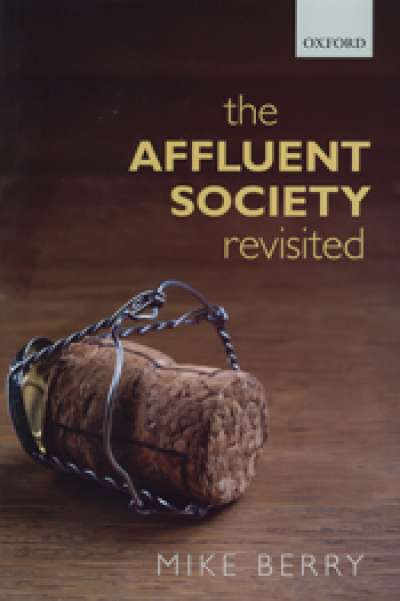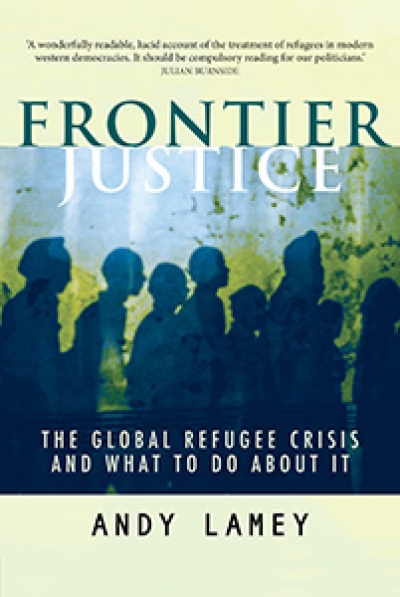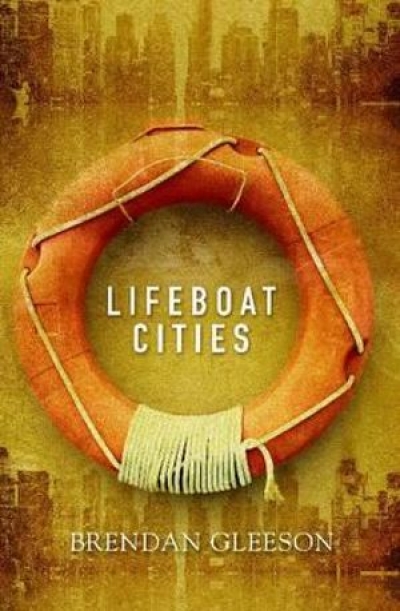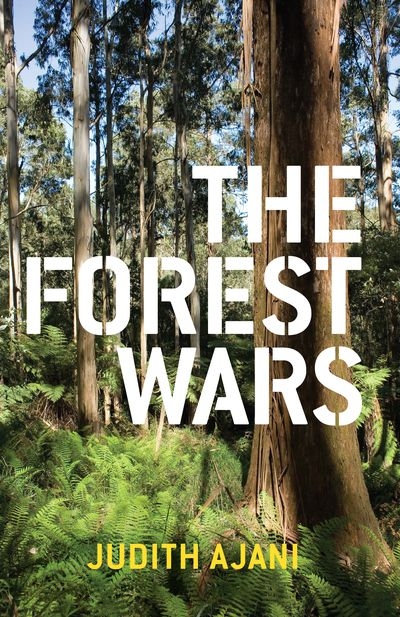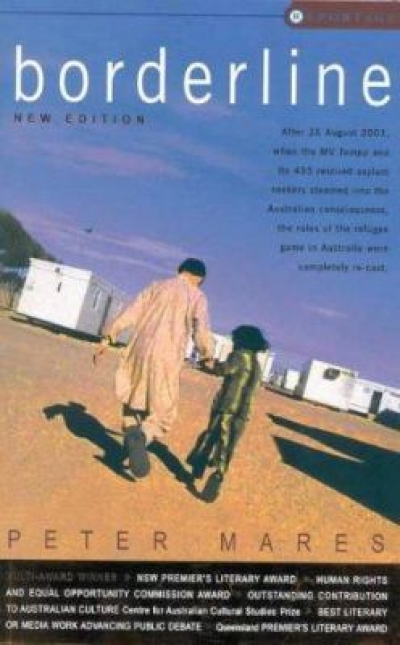Peter Mares
Frontier Justice by Andy Lamey & Contesting Citizenship by Anne McNevin
by Peter Mares •
Into the Woods: The Battle for Tasmania’s Forests by Anna Krien
by Peter Mares •
The Wheeler Centre recently hosted ‘four provocative nights’ based on the assertion that Australian criticism of film, theatre, books and the visual arts is, in its own words, ‘failing us all’. The series was entitled ‘Critical Failure’. For ABR readers unable to attend, here is one person’s account of the books-related panel.
... (read more)Lifeboat Cities by Brendan Gleeson & Transport for Suburbia: by Paul Mees
by Peter Mares •
Never far from one’s mind these days, the events of September 11, 2001, and their direct aftermath in Afghanistan and elsewhere, had to be prominent in this month’s issue of ABR, such is their complex resonance and ubiquitous iconography. To complement Morag Fraser’s essay in this issue on the consequences of ‘September 11’ for civic ...

